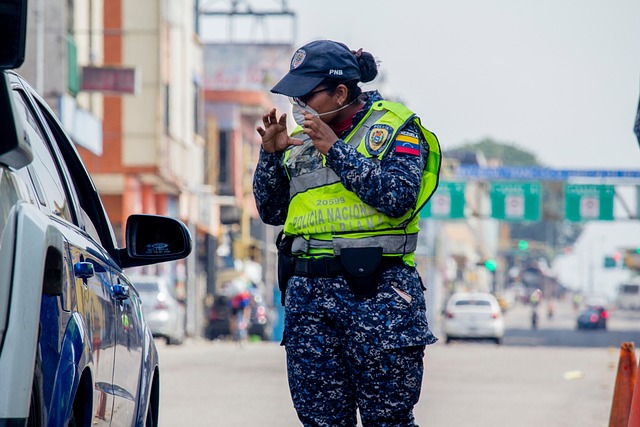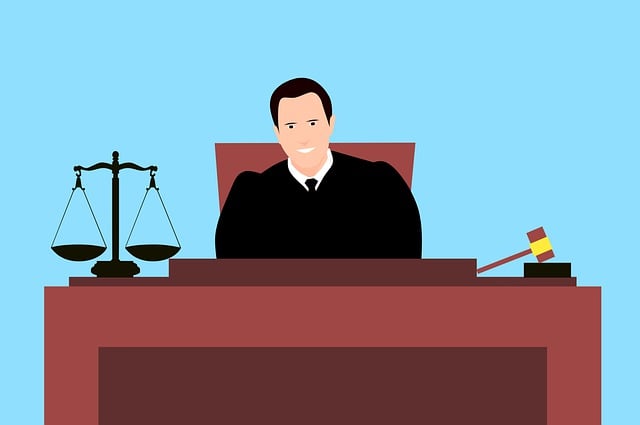Antitrust violation cases are legal battles against businesses engaging in anti-competitive practices like price-fixing or market division. These high-stakes situations require complex economic analyses to prove illegal conduct, with a crucial focus on the burden of proof, especially in criminal cases where guilt must be established beyond a reasonable doubt. Legal experts navigate complexities, ensure fair competition, and defend against indictment in dynamic economic landscapes. Establishing intent is key; prosecutors must prove specific intent to suppress competition or fix prices, while defense attorneys challenge this through meticulous examination of evidence and testimonies. Effective navigation involves understanding the burden of proof, challenging admissibility, and providing alternative explanations for incriminating activities. Penalties and remedies maintain market integrity, with severe consequences for proven violations, emphasizing the importance of a convincing burden of proof to safeguard innocent entities.
Antitrust violation cases play a crucial role in maintaining fair competition within markets. This article delves into the intricate world of these legal battles, offering a comprehensive guide on defining such violations, understanding intent under scrutiny, and navigating evidence collection. Key witnesses and court proceedings are examined, highlighting the essential burden of proof in criminal cases. Additionally, penalties and remedies are explored, emphasizing the significance of ensuring fair play for all businesses involved.
- Defining Antitrust Violation Cases
- Establishing Intent in Legal Scrutiny
- Evidence and Witnesses: Key Players
- Court Proceedings: Burden of Proof
- Penalties and Remedies: Ensuring Fair Play
Defining Antitrust Violation Cases

Antitrust violation cases are legal battles centered around businesses engaging in anti-competitive practices, such as price-fixing, market division, or monopolistic behavior. These cases are high-stakes situations that often involve complex economic and market analyses to establish illegal conduct. Understanding the burden of proof is a critical aspect of these proceedings, especially in criminal cases, where the prosecution must demonstrate beyond a reasonable doubt that an antitrust violation occurred.
The key challenge lies in defining what constitutes an illegal antitrust practice and gathering compelling evidence to support claims. Legal experts play a pivotal role in navigating these intricate matters, ensuring fair competition while achieving extraordinary results. By carefully examining market dynamics and presenting robust evidence, they help avoid indictment for businesses facing allegations, especially in dynamic economic landscapes where the lines between competitive strategies and anti-competitive behavior can be blurred.
Establishing Intent in Legal Scrutiny

In legal scrutiny, establishing intent is a pivotal aspect of antitrust violation cases. The understanding burden of proof in criminal cases plays a significant role here. Prosecutors must prove beyond a reasonable doubt that a defendant had a specific intent to violate antitrust laws. This involves demonstrating that the accused acted with knowledge and purpose, aiming to suppress competition or fix prices. In high-stakes cases, where complex business strategies are at play, a white collar defense attorney’s job is to challenge this intent, often through meticulous examination of facts and circumstances.
Winning challenging defense verdicts in such scenarios requires a strategic approach. Defense teams must dissect the evidence, scrutinize witness testimonies, and present alternative interpretations to raise reasonable doubts. By doing so, they can ensure that the burden of proof remains squarely on the prosecution, making it a crucial element in navigating these intricate legal battles.
Evidence and Witnesses: Key Players

In antitrust violation cases, evidence and witnesses are critical components that can make or break a prosecution’s case. The understanding of the burden of proof in criminal cases is paramount here, as the prosecution must establish each element of an antitrust crime beyond a reasonable doubt. This involves presenting compelling evidence such as incriminating documents, communication logs, expert testimony, and firsthand accounts from witnesses who have relevant knowledge about the alleged misconduct.
Key players in these cases include current and former employees, executives, and stakeholders of the respective business. These individuals can serve as both witnesses and evidence sources, providing insights into decision-making processes, market behaviors, and potential collusion. Their testimony and documentation can either support or contradict the prosecution’s narrative, leading to outcomes ranging from complete dismissal of all charges to significant penalties and jury trials.
Court Proceedings: Burden of Proof

In any antitrust violation case, the court proceedings heavily rely on understanding the burden of proof. The prosecution bears the responsibility of presenting compelling evidence to establish beyond a reasonable doubt that an entity has indeed violated antitrust laws. This involves demonstrating anti-competitive behavior, such as price fixing or market division, through substantial and relevant facts at all stages of the investigative and enforcement process. The focus is on proving intent and the actual impact of these actions on the market, which can be complex in white collar and economic crimes.
A key aspect of navigating court proceedings is avoiding indictment by meeting the burden of proof proactively. Effective legal strategies often involve challenging the admissibility of evidence, examining witness testimonies, and presenting alternative explanations for seemingly incriminating activities. Understanding the burden of proof allows defendants to build a robust defense, ensuring that their rights are protected while upholding the integrity of antitrust regulations in the broader market.
Penalties and Remedies: Ensuring Fair Play

Penalties and remedies play a pivotal role in ensuring fair competition within the market. When an antitrust violation is established, both corporate and individual clients can face significant consequences. The understanding of the burden of proof in criminal cases is crucial here; authorities must demonstrate beyond a reasonable doubt that anti-competitive practices have occurred. This rigorous standard protects innocent businesses from unfounded accusations, ensuring that penalties are imposed only on those who engage in unlawful behavior.
Remedies often involve restoring market balance and compensating affected parties. Discontinuing the infringing practice is typically mandated, along with potential monetary fines and orders to divest ill-acquired assets. For corporate clients, these measures aim to deter future violations while promoting compliance. Individual employees involved may also face personal liability, especially if they played a direct role in the violation, emphasizing that everyone is accountable for upholding antitrust laws.
Antitrust violation cases are complex legal battles that require a thorough understanding of defining violations, establishing intent, gathering robust evidence, and navigating court proceedings. The Understanding Burden of Proof in Criminal Cases is a pivotal aspect, ensuring that the prosecution bears the responsibility of presenting compelling evidence to prove guilt beyond a reasonable doubt. By scrutinizing intent, leveraging witnesses, and adhering to strict procedural rules, courts can impose penalties and remedies that promote fair play and maintain a competitive marketplace.






